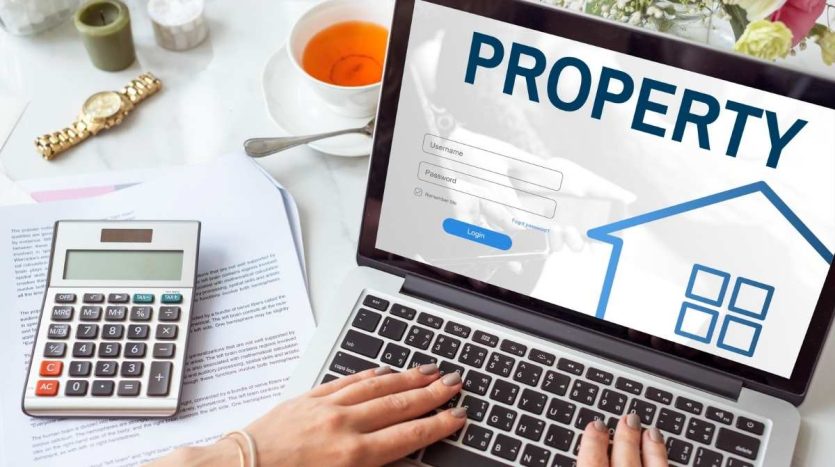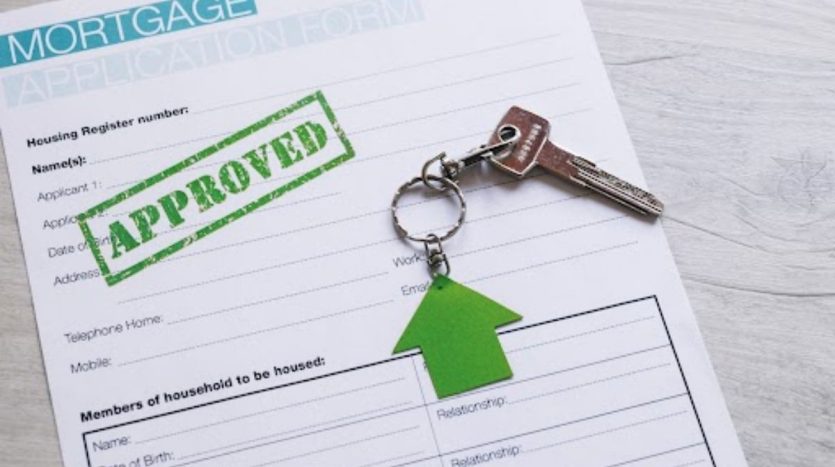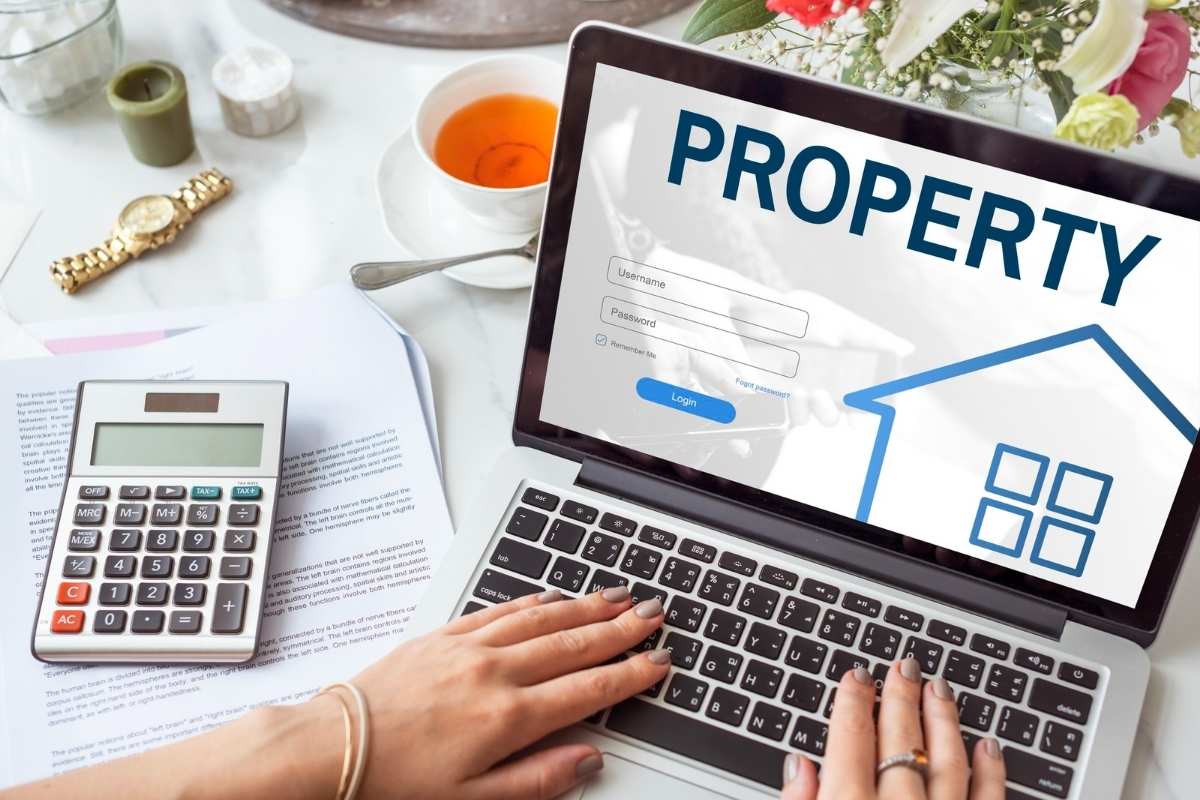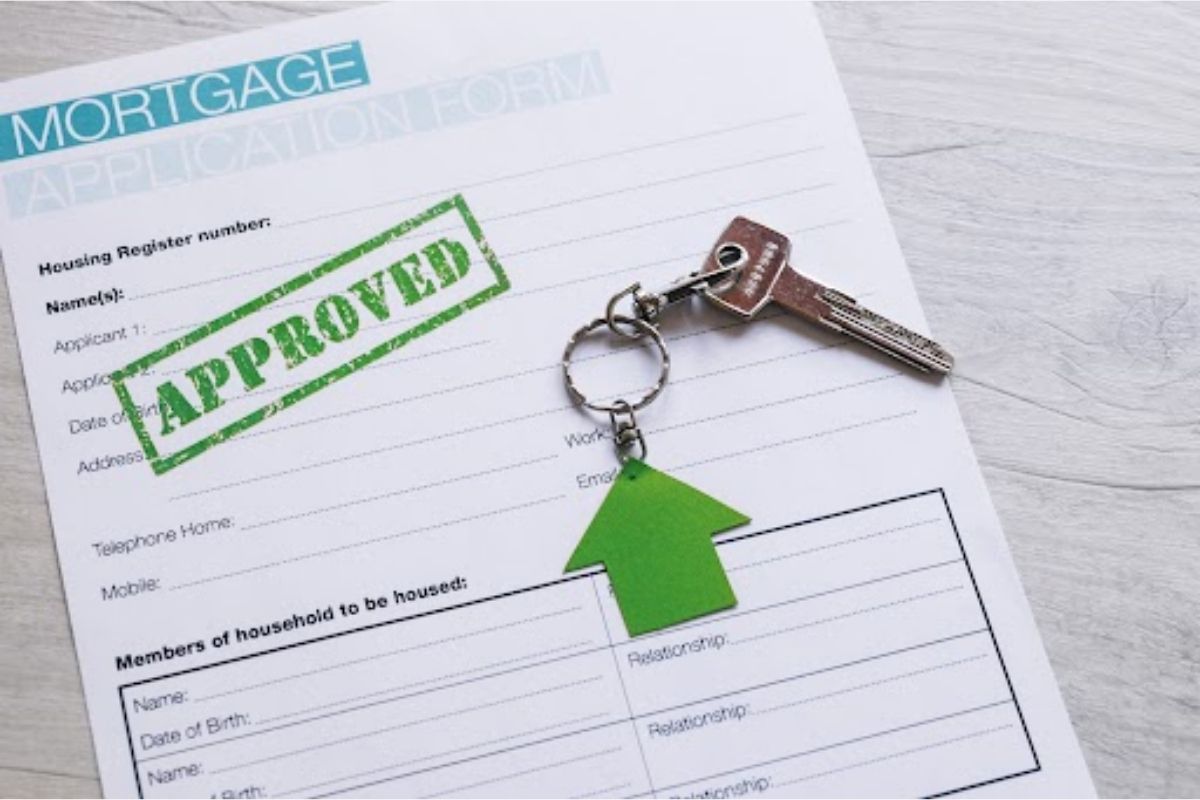Property Registration: Unlock Success with Hassle-Free Steps
Introduction
Buying property shouldn’t feel like a maze of paperwork and waiting lines, but for many, it still does. What if technology could turn that stressful process into something simple, fast, and even convenient. That’s exactly what’s happening in the world of property registration today. From e-stamping to blockchain, new tools are changing how we buy, sell, and secure ownership of a real estate property. In this blog, we’ll take a closer look at how technology is transforming property registration, and why that’s great news for anyone looking to invest in their dream home or land. Ready to see the future of ownership.
Common Challenges in Property Registration
Property registration is one of the most important steps in buying a real estate property, yet it’s also one of the most overlooked. Whether you’re purchasing your first home or investing in commercial property, the registration process legally secures your ownership. However, it isn’t always as straightforward as it sounds. In this post, we’ll explore the most common challenges in property registration and share simple tips to overcome them. Understanding these hurdles upfront can help you avoid costly delays and unnecessary stress.
Lengthy Paperwork and Bureaucratic Delays
One of the biggest frustrations with property registration is the mountain of paperwork involved. From verifying title documents to drafting sale deeds and arranging legal affidavits, the entire process can be time-consuming. Often, paperwork gets stuck in government offices or is delayed due to incomplete documentation.
How to handle it:
- Double-check all required documents before submission.
- Hire a legal advisor who specialises in real estate property laws.
- Use online platforms (if available) to reduce manual processing time.
Lack of Awareness About Legal Requirements
Many property buyers, especially first-timers, aren’t fully aware of the legal steps needed to register a real estate property. This lack of knowledge can result in incomplete registrations or even penalties.
Common legal oversights include:
- Missing stamp duty payments
- Not verifying the authenticity of the property title.
- Failing to register within the legal timeframe
Tip: Always consult a qualified property lawyer who understands local laws and can guide you through the process.
Title Issues and Ownership Disputes
One of the most critical parts of property registration is verifying the title. A disputed or unclear title can put your ownership at risk, even after registration.
Some red flags include:
- Previous unresolved legal claims
- Multiple heirs or unclear succession
- Property under litigation
What you can do:
- Conduct a thorough title search for at least 30 years of ownership history.
- Obtain an encumbrance certificate from the land records office.
- Consider getting title insurance to protect your investment.
Complex Local Laws and Jurisdictional Variations
Every region has its own rules when it comes to registering a real estate property. Charges, documentation, and timelines can vary significantly from one state or municipality to another. This often confuses buyers who assume there’s a one-size-fits-all approach.
Solution:
- Check with the local sub-registrar’s office for region-specific requirements.
- Be aware of location-based charges like stamp duty and registration fees.
- Use government portals that offer localised guidance.
Risk of Property Frauds and Scams
Unfortunately, fraudulent activities are a major concern in the real estate property sector. Forged documents, impersonation, and illegal sales are more common than most people realise. A rushed or careless property registration process can expose you to legal battles or financial losses.
Precautions to take:
- Always verify the seller’s identity and property ownership documents.
- Avoid cash transactions; insist on transparent bank payments.
- Register the transaction in person or through verified online portals only.
Property registration might seem like just another formality, but it’s your legal proof of ownership. If not done correctly, it can lead to serious complications, especially when dealing with high-value real estate property investments.
Benefits of Hassle-Free Property Registration
Buying a home or investing in a real estate property is a major milestone. But the journey doesn’t end when you sign the agreement, it truly becomes yours only after successful property registration. This step is more than just a legal formality. In fact, a smooth and hassle-free registration can save you time, money, and even future legal headaches. In this post, we’ll walk through the key benefits of efficient property registration and why it should never be treated as an afterthought.
Ensures Legal Ownership and Security
The most important benefit of property registration is that it legally proves you own the property. It creates an official record in government records, giving you full rights to sell, lease, or transfer your real estate property whenever you choose.
Without proper registration, you run the risk of:
- Ownership disputes
- Fraudulent claims by third parties
- Trouble obtaining financing or loans
With hassle-free registration, your investment is protected and your rights are clear.
Boosts the Value of Your Real Estate Property
A properly registered property often commands a higher market value. Buyers and investors prefer properties with clean paperwork and clear titles, as it saves them trouble later.
Benefits include:
- Easier resale process
- Increased buyer confidence
- Better prospects in property valuation
Whether it’s a residential home or a commercial space, smooth registration instantly adds credibility and value to your real estate property.
Makes Future Transactions Simple and Transparent
Imagine trying to sell or transfer your property years down the line, only to realise the original registration wasn’t done right. That can delay deals, cause legal issues, or worse, lose you a buyer.
Hassle-free property registration simplifies:
- Selling the property
- Gifting or inheriting the property
- Applying for a mortgage or home loan
Having all legal documentation in place from the start ensures your future transactions go smoothly.
Protects You from Legal Complications
A lot of legal disputes arise because property owners skipped or delayed registration. Unregistered properties can be tied up in court for years, especially if there are inheritance or joint ownership claims.
Here’s how proper registration helps:
- Confirms you’re the rightful owner
- Prevents duplicate or fake sale deeds
- Creates a clear legal trail in government records
If you’re purchasing a real estate property, don’t risk future court battles, register it correctly, right away.
Helps You Access Financial Services
Did you know that most banks won’t give you a loan against your property unless it’s properly registered? Hassle-free property registration is a key requirement when:
- Applying for a home loan or mortgage
- Using your property as loan collateral
- Insuring your real estate property
Having the registration papers ready gives you financial flexibility and confidence when you need it.
Speeds Up Government Approvals and Services
Whether it’s getting utility connections or applying for construction permits, a registered property helps speed things up with the authorities. It becomes much easier to:
- Get electricity, water, or gas connections.
- Pay property taxes or update municipal records.
- Apply for development permissions or home renovations.
Proper documentation shows that you’re the legitimate owner of the real estate property, making approvals much quicker.
Step-by-Step Guide to Hassle-Free Property Registration
Buying a real estate property is a big achievement, but it’s just the beginning. To officially become the owner, you must complete the property registration process. This crucial legal step secures your ownership and protects your investment for years to come. The good news? Registering a property doesn’t have to be complicated or stressful. In this guide, we’ll walk you through the process step by step, making it easy for you to complete your registration without unnecessary delays or confusion.
Verify the Property Title and Legal Documents
Before you even think about registration, ensure the real estate property you’re purchasing has a clear and marketable title. This is your first line of defence against legal troubles down the road.
Here’s what you need to check:
- Ownership history (minimum of 30 years recommended)
- Encumbrance certificate (shows no legal dues or disputes)
- Property tax receipts
- Approved building plan and layout
Tip: Hire a legal expert to help you verify all documentation thoroughly.
Calculate and Pay Stamp Duty and Registration Charges
Property registration involves government fees, primarily stamp duty and registration charges. These costs vary depending on the property’s location, type, and value. Most states have online calculators where you can estimate your fees based on the market value of the real estate property.
What you’ll need to do:
- Visit the official state government website.
- Enter property details to get a fee estimate.
- Pay the stamp duty online or at designated banks.
Keep the payment receipts safely, you’ll need them at the registration office.
Prepare the Sale Deed
The sale deed is the most important document in the property transaction. It outlines the transfer of ownership from seller to buyer.
To create the sale deed:
- Draft it on stamp paper of the required value.
- Include all essential details, buyer/seller info, property description, payment terms, etc.
- Get it reviewed by a property lawyer.
Once finalised, both parties must sign the sale deed in the presence of witnesses.
Visit the Sub-Registrar’s Office
With all documents ready, it’s time to officially register the property at the sub-registrar’s office under whose jurisdiction the property falls.
Make sure to carry:
- Original and a copy of the sale deed
- ID proof of the buyer and seller
- Passport-size photos
- Stamp duty and registration fee receipts
Both the buyer and seller (along with two witnesses) must be physically present to sign and complete the property registration.
Collect the Registered Sale Deed
After the registration is complete, the sub-registrar’s office will return the sale deed with an official stamp and registration number. This is now your legal proof of ownership.
You can:
- Collect a physical copy from the office.
- Access the digital copy (if your state offers e-registration)
Make multiple photocopies and store the original in a secure place, your ownership of the real estate property depends on it.
The Role of Technology in Property Registration
Property registration has long been seen as a slow, paperwork-heavy process filled with long queues, multiple visits to government offices, and confusing documentation. But thanks to modern technology, this essential part of buying a real estate property is becoming faster, simpler, and far more secure. From e-stamping to blockchain and online registries, technology is transforming the way we register property, bringing convenience, transparency, and accuracy to the process. Let’s explore how technology is reshaping property registration and why this change benefits buyers, sellers, and government authorities alike.
Online Property Registration Portals
One of the most visible advancements in recent years is the launch of online property registration portals by state governments. These platforms allow users to complete several steps of the registration process without leaving their homes.
Key features include:
- Booking appointments with the sub-registrar’s office
- Uploading property documents digitally
- Making online payments for stamp duty and registration fees
- Downloading registration certificates
For buyers of real estate property, these portals save hours and reduce the stress of visiting crowded offices.
E-Stamping for Safer Transactions
Gone are the days of physically purchasing stamp papers from vendors. Now, most regions support e-stamping, which allows you to pay stamp duty electronically.
Benefits of e-stamping:
- Prevents the use of fake or duplicate stamp papers
- Creates an instantly verifiable digital record
- Speeds up the documentation process
For anyone registering a real estate property, e-stamping is both safer and more efficient.
Digitisation of Land Records
Land record digitisation is another major leap in modernising property registration. Governments across the globe are working to digitise land ownership records, boundaries, and property maps to create tamper-proof databases.
Advantages of digitised land records:
- Easier title verification before purchase
- Reduced property fraud and disputes
- Better transparency in property transactions
This technology makes it easier for buyers to confirm if a real estate property is clear of encumbrances or legal issues before registering.
Blockchain in Property Registration
While still in the early stages, blockchain technology holds great promise for transforming how properties are registered and tracked.
What blockchain offers:
- Immutable and secure record of ownership
- Real-time updates to ownership history
- Faster approvals and fewer intermediaries
If implemented on a large scale, blockchain could make property registration almost instant and 100% fraud-proof.
Mobile Apps for On-the-Go Access
Some governments and private services now offer mobile apps that simplify the registration process and provide real-time updates on the status of applications.
These apps help users:
- Track document submission status
- Receive notifications about appointments.
- Get guidance on documents needed for registration.
This is especially useful for busy professionals or first-time buyers managing their real estate property purchase.
AI and Automation for Smarter Services
Artificial intelligence is beginning to play a role in document verification and application processing. With smart systems in place, human errors can be minimised, and applications can be processed more efficiently.
AI-driven benefits:
- Automatic document validation
- Fraud detection through pattern analysis
- Faster approvals for low-risk cases
The use of AI adds another layer of convenience to property registration, especially in high-volume urban markets.
Conclusion
Technology isn’t just changing the way we live, it’s redefining the way we own. From cutting down paperwork to boosting security, digital innovation is making property registration faster, easier, and more reliable than ever before. Whether you’re buying your first real estate property or managing multiple investments, embracing these tech-driven tools can save you time, money, and stress. As the process becomes more transparent and user-friendly, it’s clear that the future of property ownership is digital. Staying informed and updated means you’re not just registering property, you’re stepping confidently into the next generation of real estate with ease and peace of mind. Contact us to Click Here.
Frequently Asked Questions
Q1. Why is property registration important in real estate transactions?
Ans. Property registration provides legal proof of ownership, protects against fraud, and is necessary for securing loans and future transactions.
Q2. What are the common challenges faced during property registration?
Ans. Challenges include lengthy paperwork, unclear legal requirements, title disputes, regional law variations, and risks of fraud.
Q3. How is technology improving property registration?
Ans. Technology enables e-stamping, online portals, digitised land records, blockchain-based systems, and AI tools to simplify and secure the registration process.
Q4. What steps are involved in hassle-free property registration?
Ans. Key steps include verifying title documents, paying stamp duty, drafting a sale deed, visiting the sub-registrar’s office, and collecting the registered deed.









